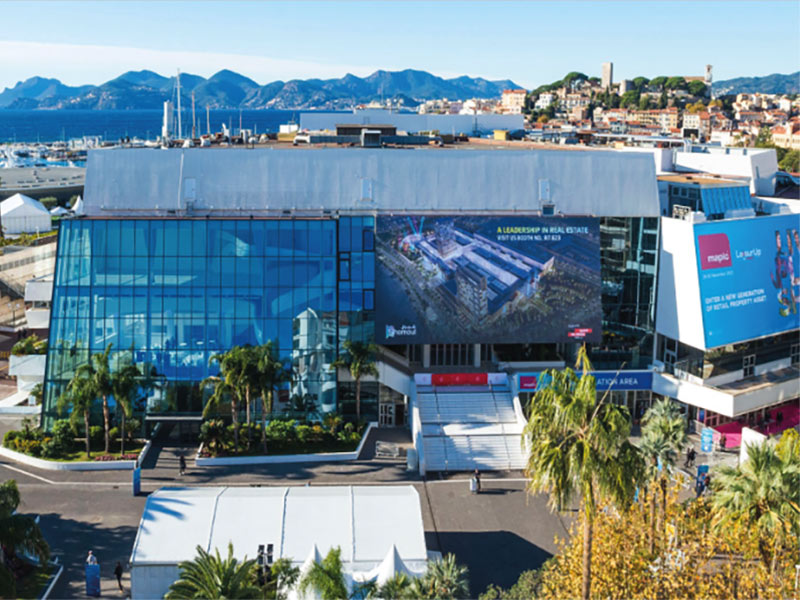Cannes: how the launching of the new Corsa was rescued
Caught in the road haulage contractors' trap, Lenny Spangberg had to manage to make the 350 testing models run and to allow the 700 daily invited people to avoid the airport blockade.
Lenny Spangberg, LSO (Lenny Spangberg Organization) CEO, whose company organized from August 29th to Sept. 20th for General Motors the new Corsa launching operation had to manage with the road haulage contractors' strike, the reception of 700 daily new invited people, ensure the departure of as many people as the arriving ones, and to organize a show where 350 cars had to run. All had been planned but the strike and oil shortage had not. The problem for the organizer was the oil shortage and the airport blockade.These were enormous constraints that worried the organizers but did not prevent General Motors from succeeding in the Corsa launching. For that, Lenny Spangberg had to imagine a lot of solutions. And he told how, thanks to resourcefulness he could ensure the whole operation. First oil. Shell was a General Motors partner, and an agreement had been signed with a Fréjus gas station which was opening only at night to supply the 350 testing Corsas. A substitution plan had also been planned. In case the station would have been drained, a tank-truck was on the Italian border ready to come and directly supply the cars.The boats which transported the participants from Cannes to Fréjus, where the Corsas were stocked, were getting oil in San Remo. But the airport blockade could be a bit broken thanks to the CCI, the platform manager, which gave privileged accesses and managed with the problems of luggage.The stake was to take in account. It was about to receive the 12,000 international General Motors dealers. So, in 22 days, it represented 24,000 nights which were received by the five Cannes palaces, 24,000 breakfasts (12,000were served in Fréjus), 12,000 dinners in Suquet and Vieux-Port restaurants in Cannes, 20 successive gala parties for 12,000 people…Which brought for Cannes and Fréjus, 300 million francs of economic consequences!














